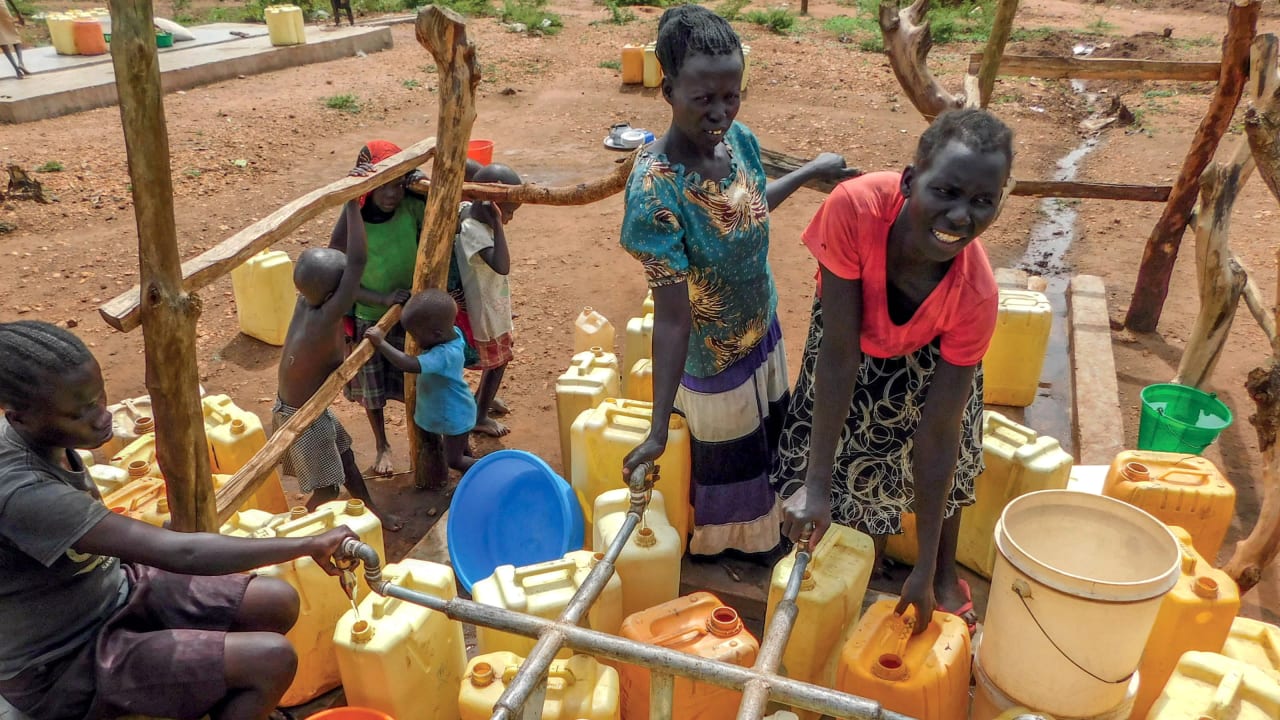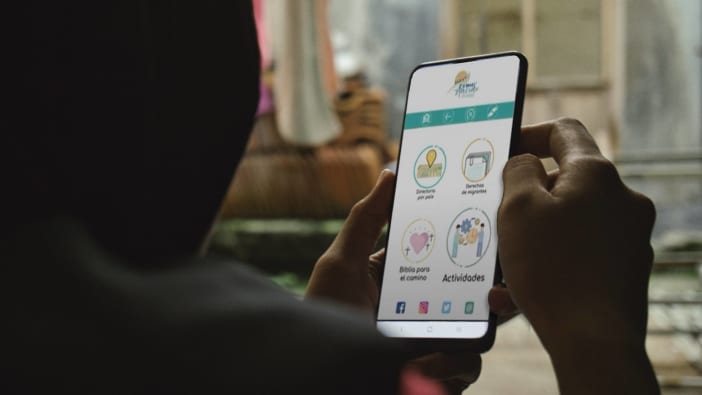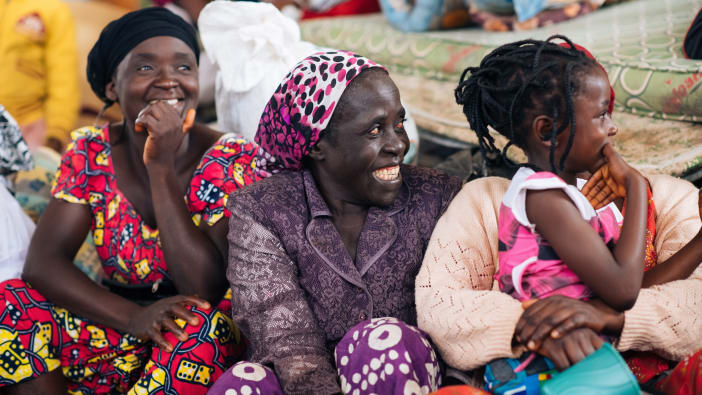Barnabé Anzuruni is Tearfund’s Theology Network and Engagement Regional Coordinator for East, Central and Southern Africa. Here he shares his thoughts on how to support people affected by conflict.
‘Recently, when I walked into a refugee camp in Uganda, memories came flooding back of my time as a refugee in Tanzania in the 1990s. I remembered the challenges we experienced, the hopes we had, and the long journey back to physical and emotional restoration.
‘I find Isaiah 61:3–4 helpful as a model for how we can support people affected by conflict, particularly those who have been displaced.’
-
Comfort all who mourn
‘Our immediate response should be to provide comfort to those who are grieving. This includes providing people with safe shelter and nutritious food so they can rest and build up their strength.’
-
A crown of beauty instead of ashes; oil of joy instead of mourning
‘Once people are ready to talk about their experiences, trauma counselling and activities such as art therapy can help people move from pain and grief to a greater sense of peace, hope and emotional wellbeing.’
-
Oaks of righteousness
‘Oak trees are a symbol of strength. By making it clear that we recognise and appreciate the worth of every individual, we can help restore their sense of purpose and dignity. They can then begin to use their skills and abilities to start rebuilding their lives.’
-
Rebuild the ancient ruins; restore the places long devastated
‘Some regions affected by conflict have experienced devastation for decades, and historical disagreements, trauma and deep emotional wounds have been passed down from generation to generation.
‘Restoration in this context goes beyond rebuilding what was lost; it means creating an environment where people can thrive, dreams can be nurtured and opportunities for a better future can be realised.
‘By understanding the root causes of conflicts, addressing underlying disagreements and fostering reconciliation, communities can work together to build the foundations of a more peaceful, equitable and stable future.’










